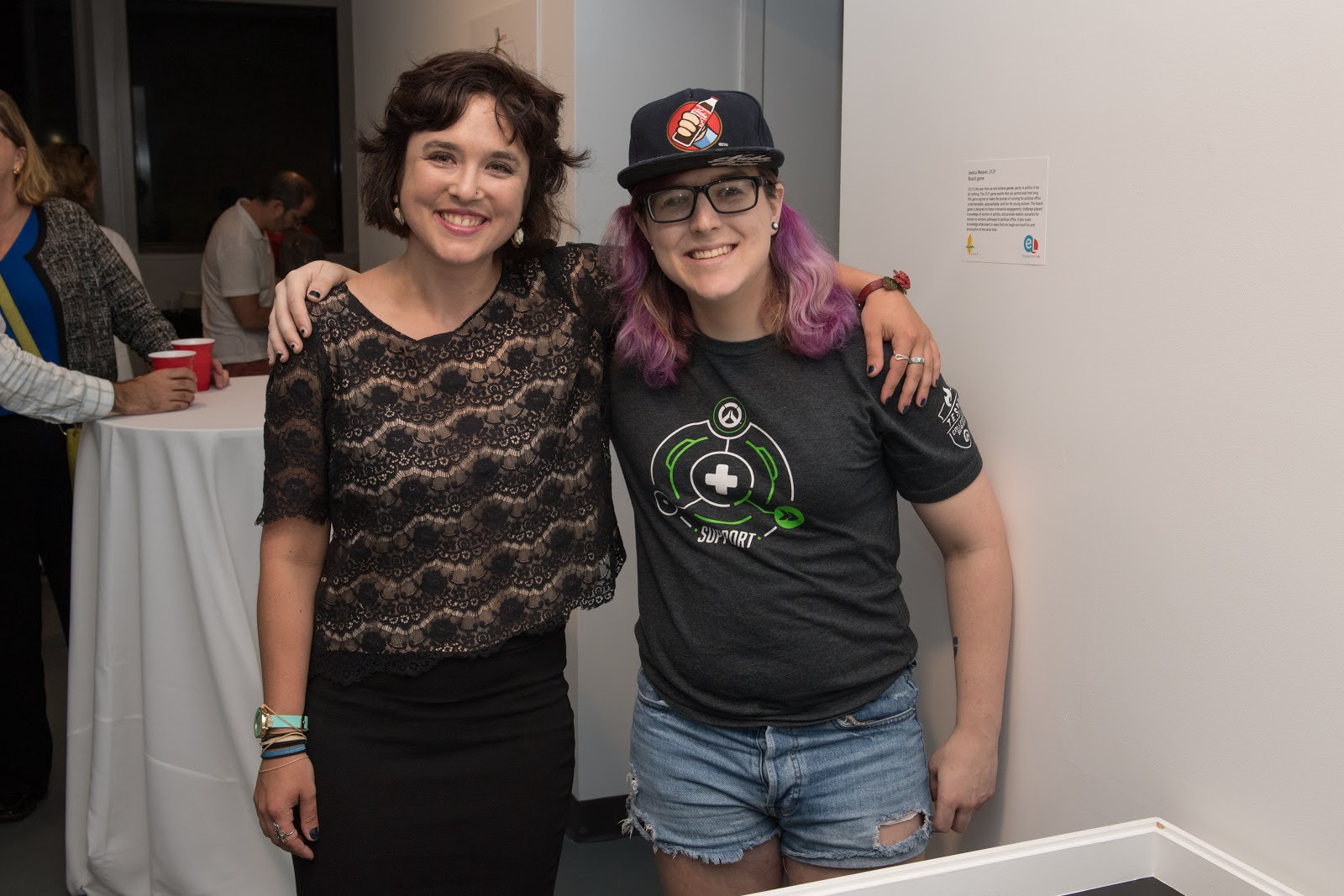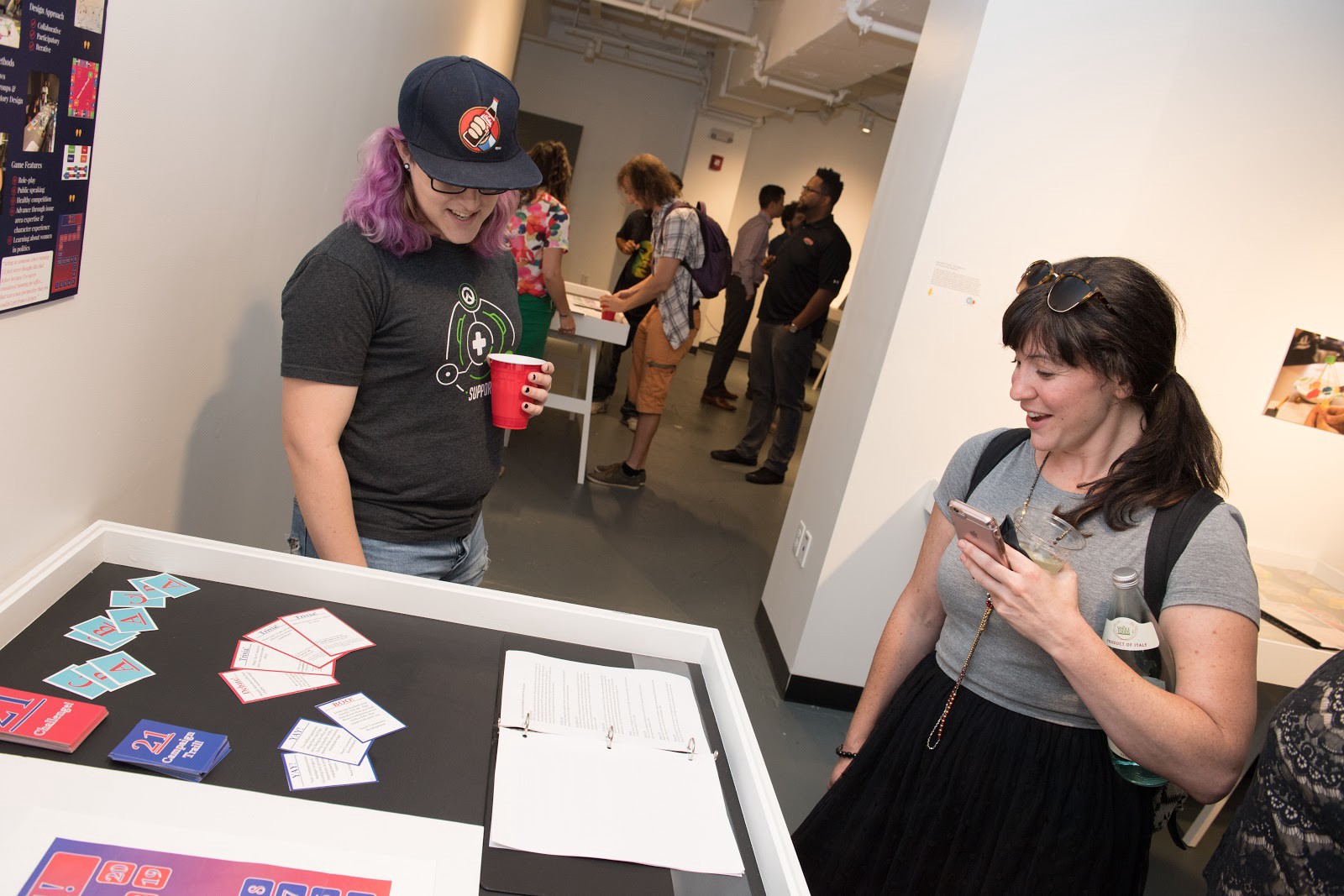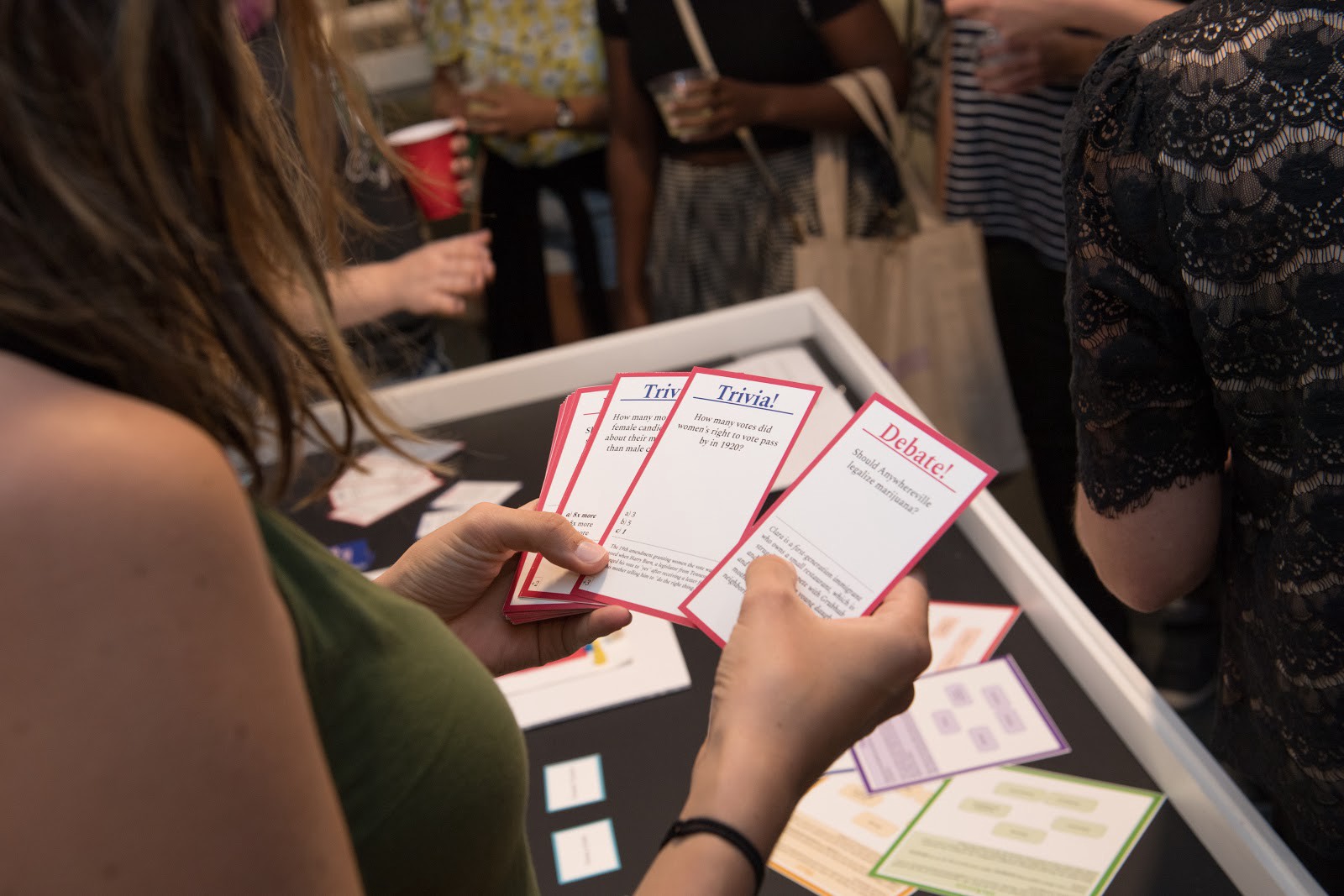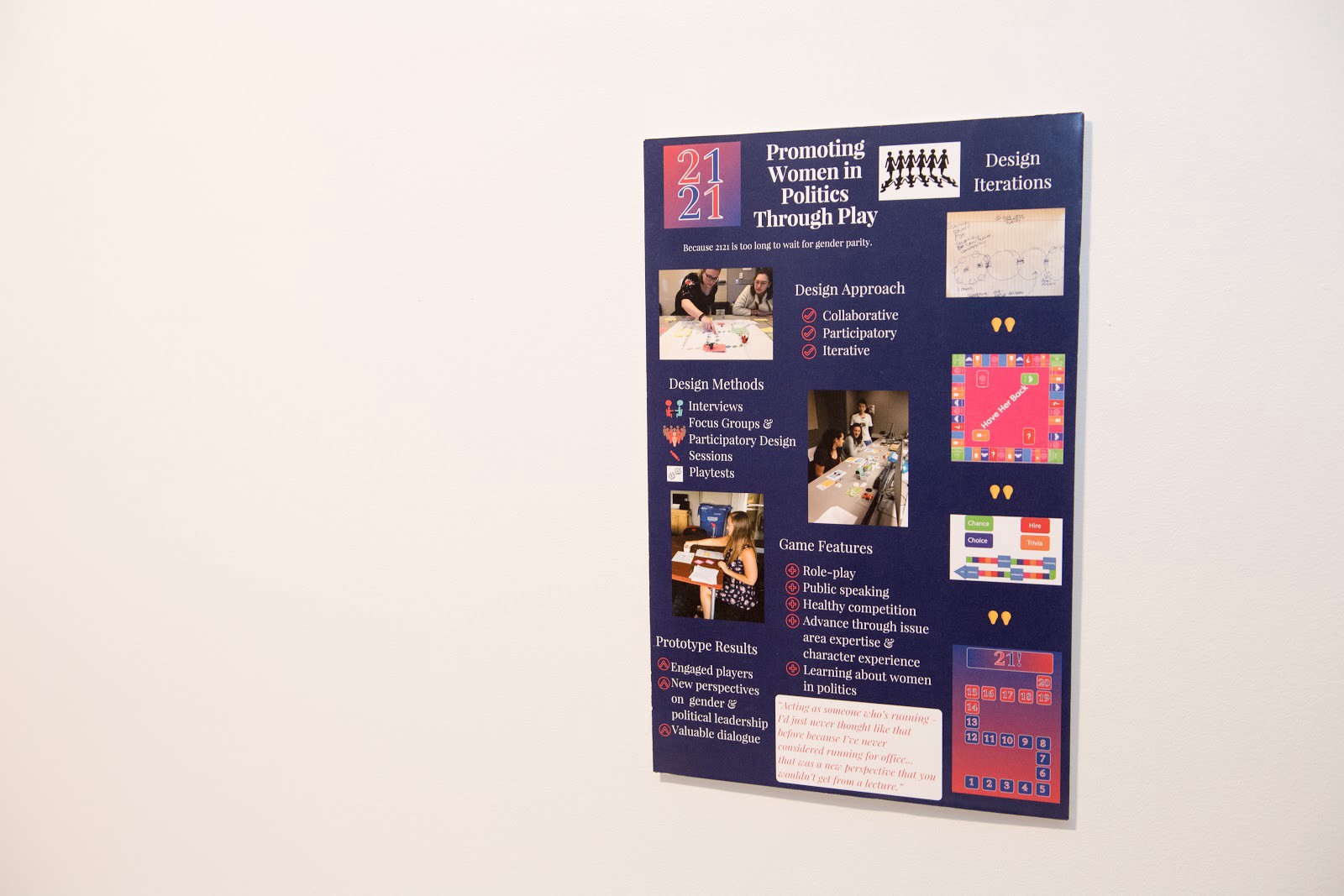Civic Media: Art & Practice (CMAP): Student Thesis Exhibition 2017
Wednesday, November 15, 2017
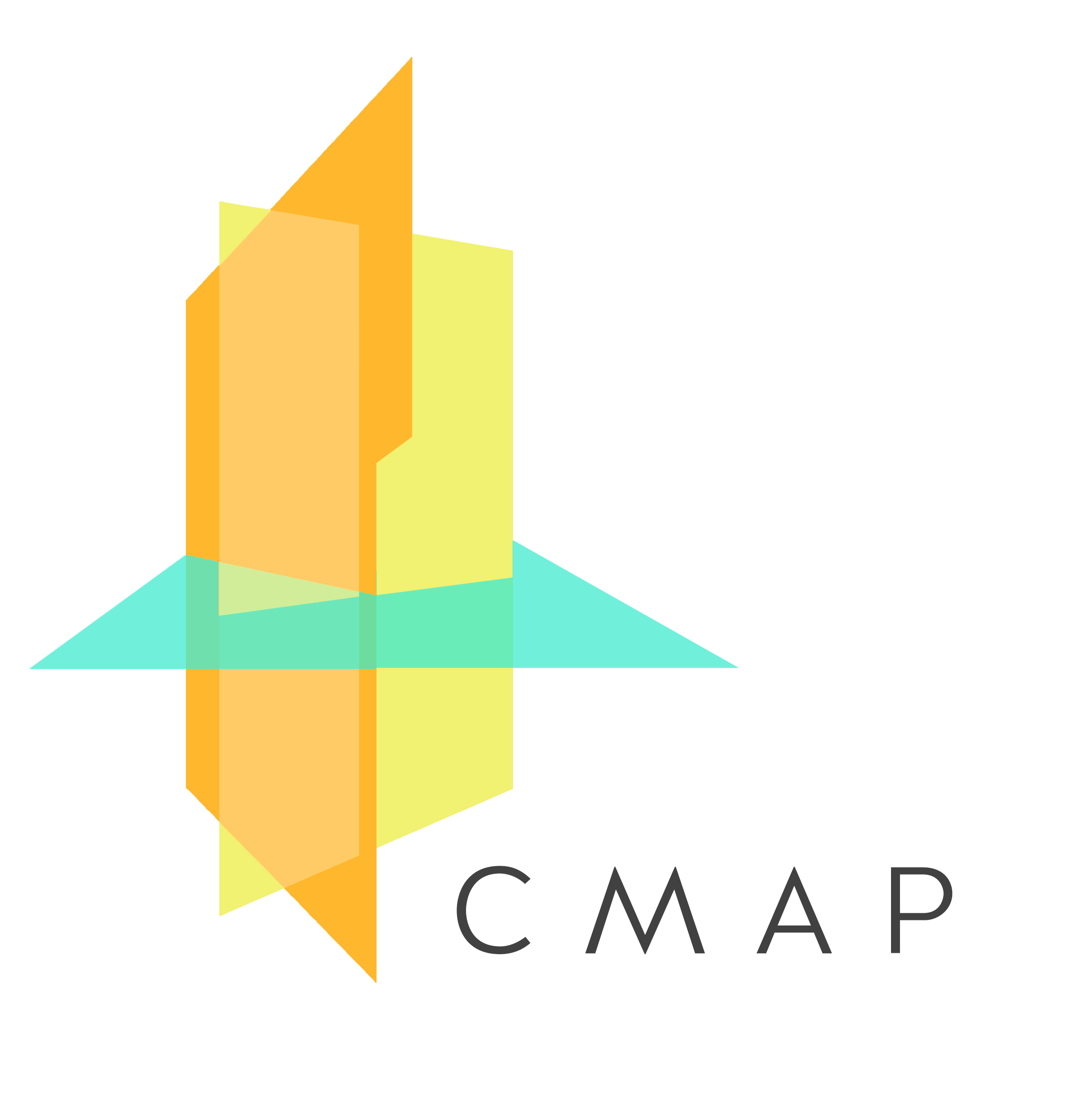
At the end of their program, students from the 2016–17 cohort of Civic Media, Art & Practice (CMAP) celebrated the completion of their thesis projects with an exhibition of their work at the Emerson Urban Arts: Media Art Gallery.
CMAP, a 12-month applied research Masters program housed in the Engagement Lab at Emerson College, embraces participatory design methodologies that position students in partnership with organizations in the real world. For their thesis projects, CMAP students create technologies, public art installations, participatory storytelling platforms and other processes and practices that support civic engagement.
Below are the final prototypes of seven students for the 2016–17 academic year. Their projects — ranging from platforms, technologies and facilitations — helped us re-imagine media-based responses to social and civic problems in Boston and around the world.

Mariam Chahine: Zibal-T, App
Zibal-T, an Arabic phrase that means “my trash”, is a cooperative, on-demand trash pick-up app that provides a cost effective solid waste management solution to facilitate the removal of accumulated trash in Cairo, Egypt. Rather like Uber for trash, the app is designed to bring together communities to solve civic problems through coordination, collaboration and cooperation.
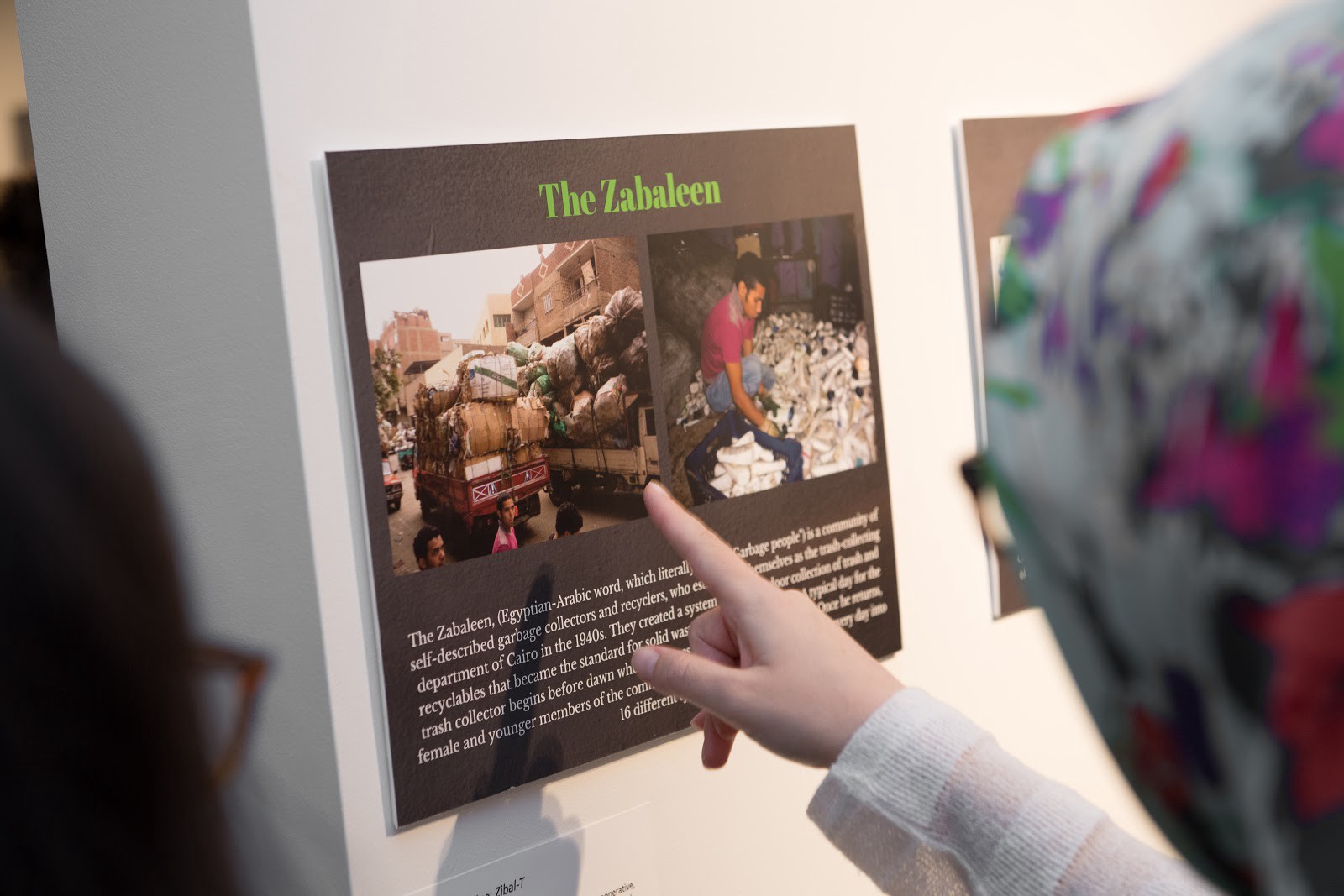
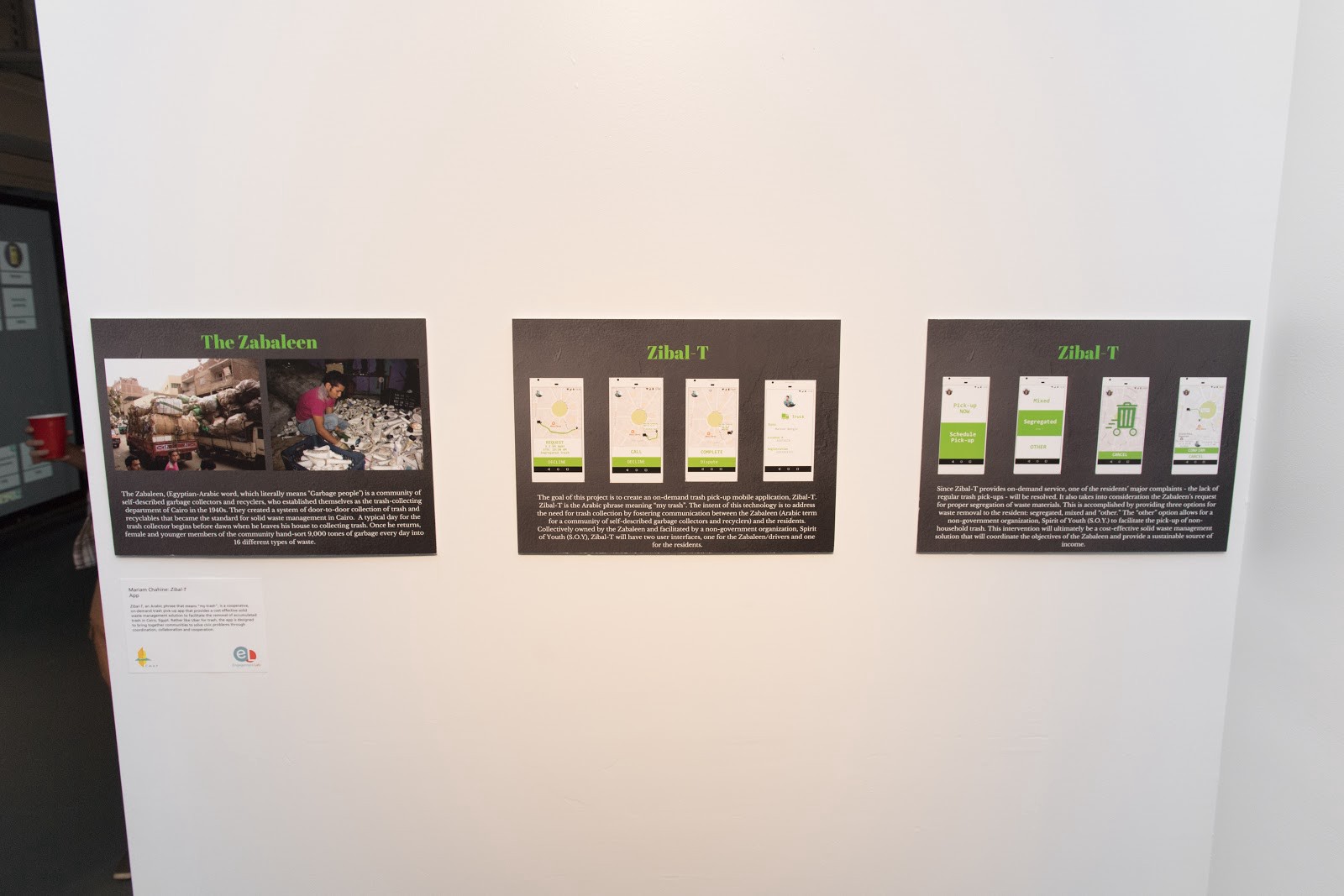
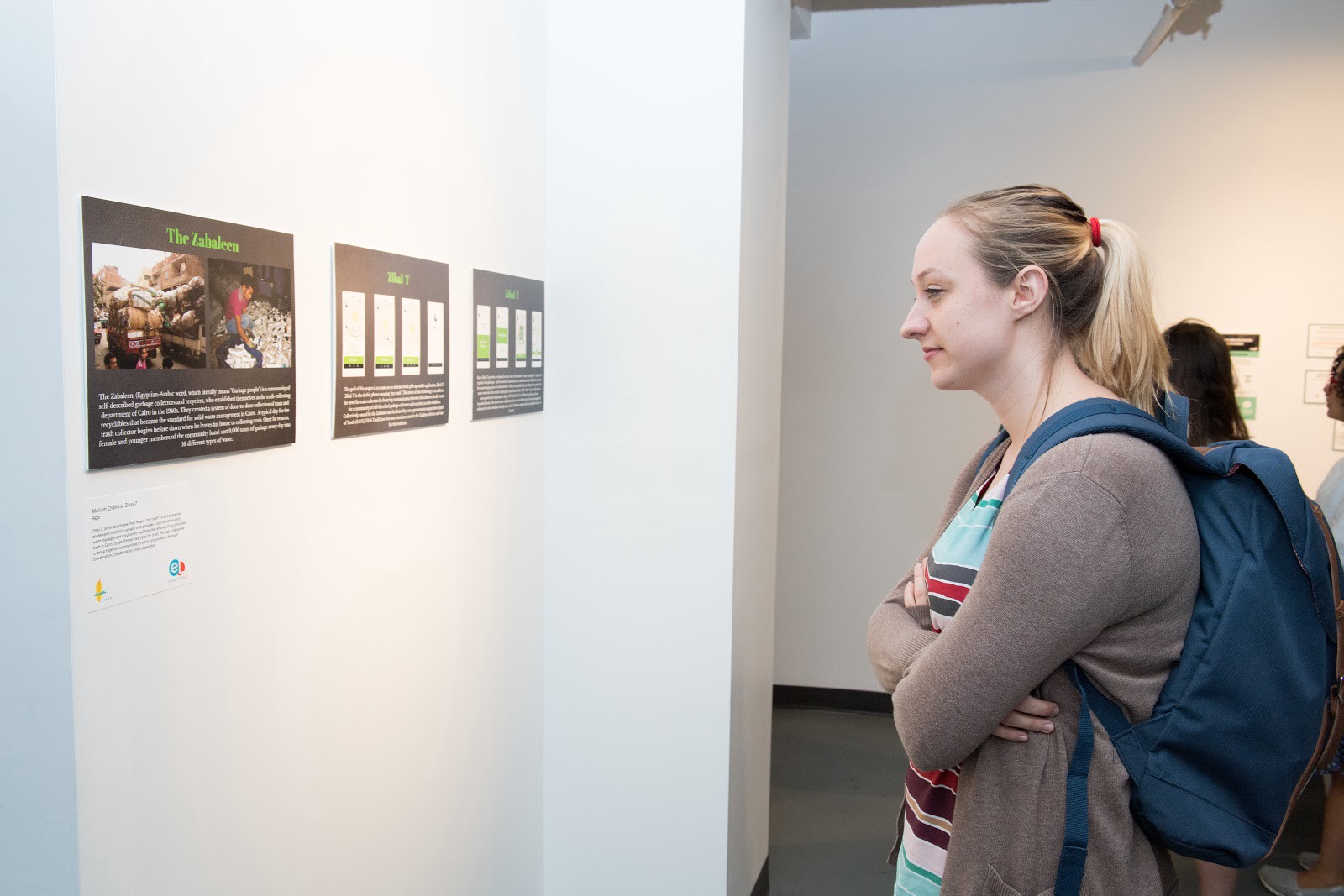
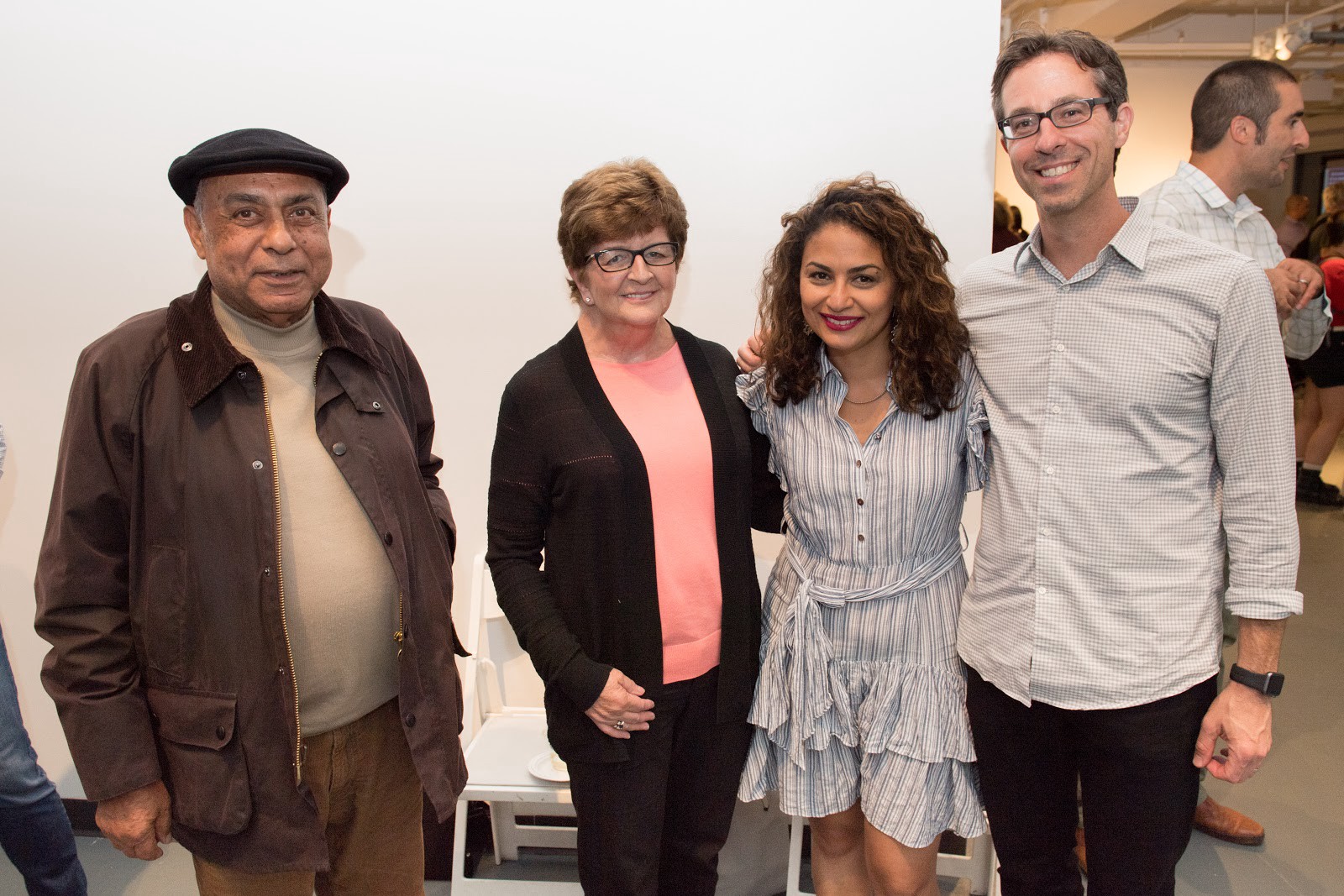

Jesse Fryburg: Bridging Divides, An Immersive Musical Experience & 360 Video
Bridging Divides is an immersive musical experience that seeks to promote civic education as a domain in need of attention and investment. Through a partnership with the organization Generation Citizen, the project uses prominent Boston landmarks to center the intervention at home, along with humor and music. The video asks viewers to re-imagine the potential of civic education in an increasingly partisan social and political landscape.

Rachel Hanebutt: Confi+, Digital Facilitation Tool
Confi+ works to increase healthy relationship expectations. It is a digital facilitation tool that utilizes school-specific student expectations and social norms data to highlight the importance of sexual health, consent, and communication in relationships. Co-designed with Emerson College students, Confi+ lowers the barrier of entry for facilitators, while deeply engaging students through the use of anonymous polling and real-time data visualization.
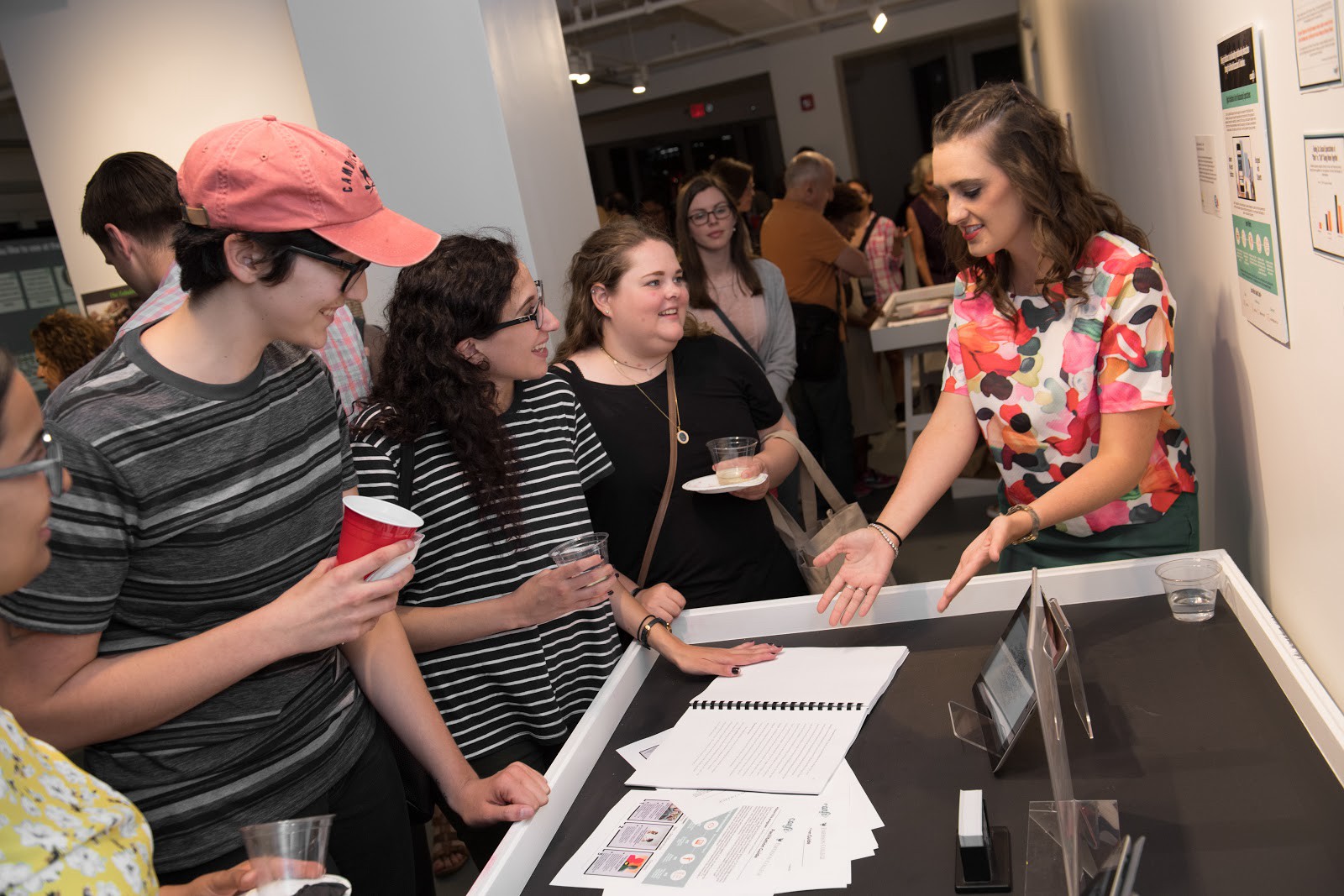
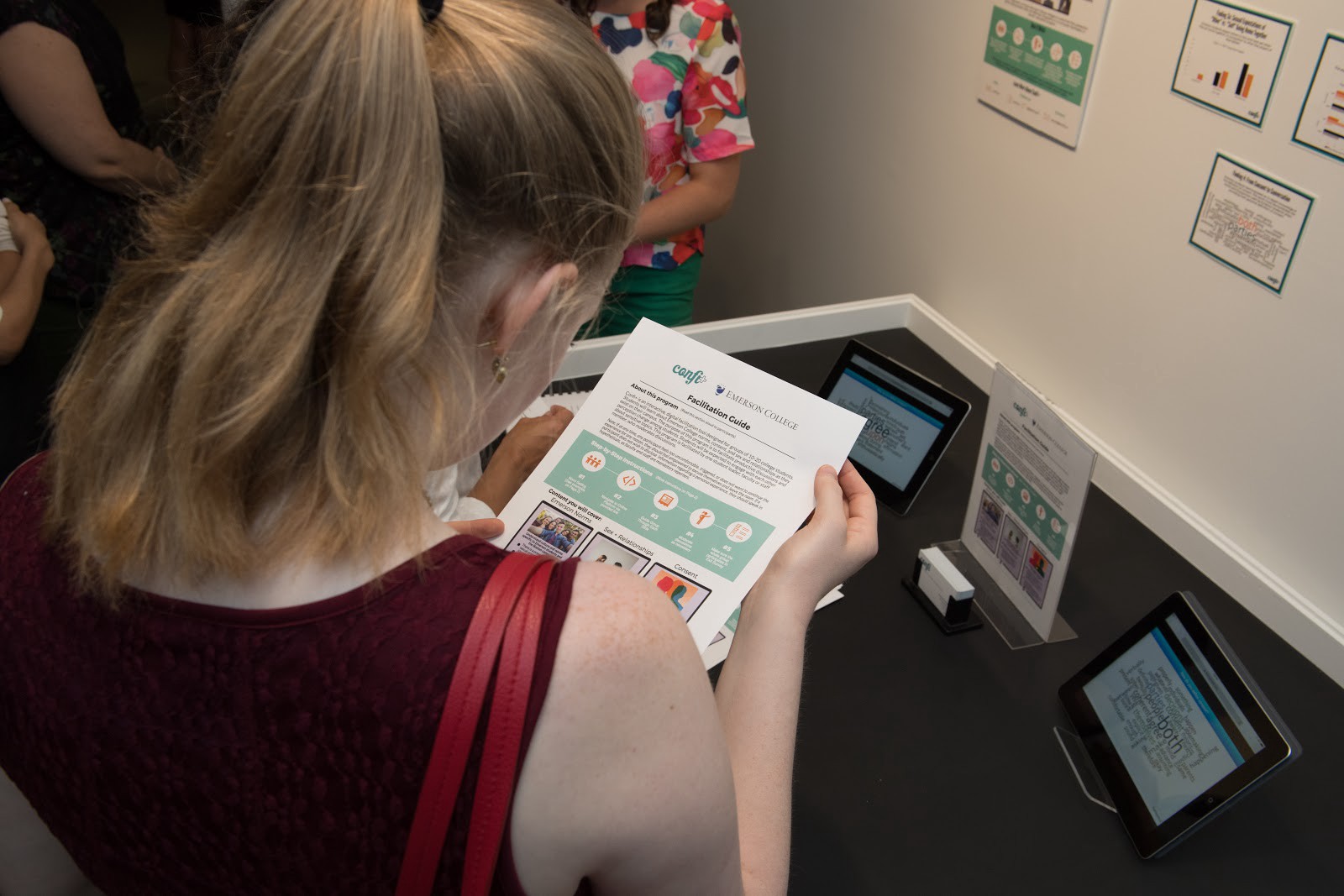
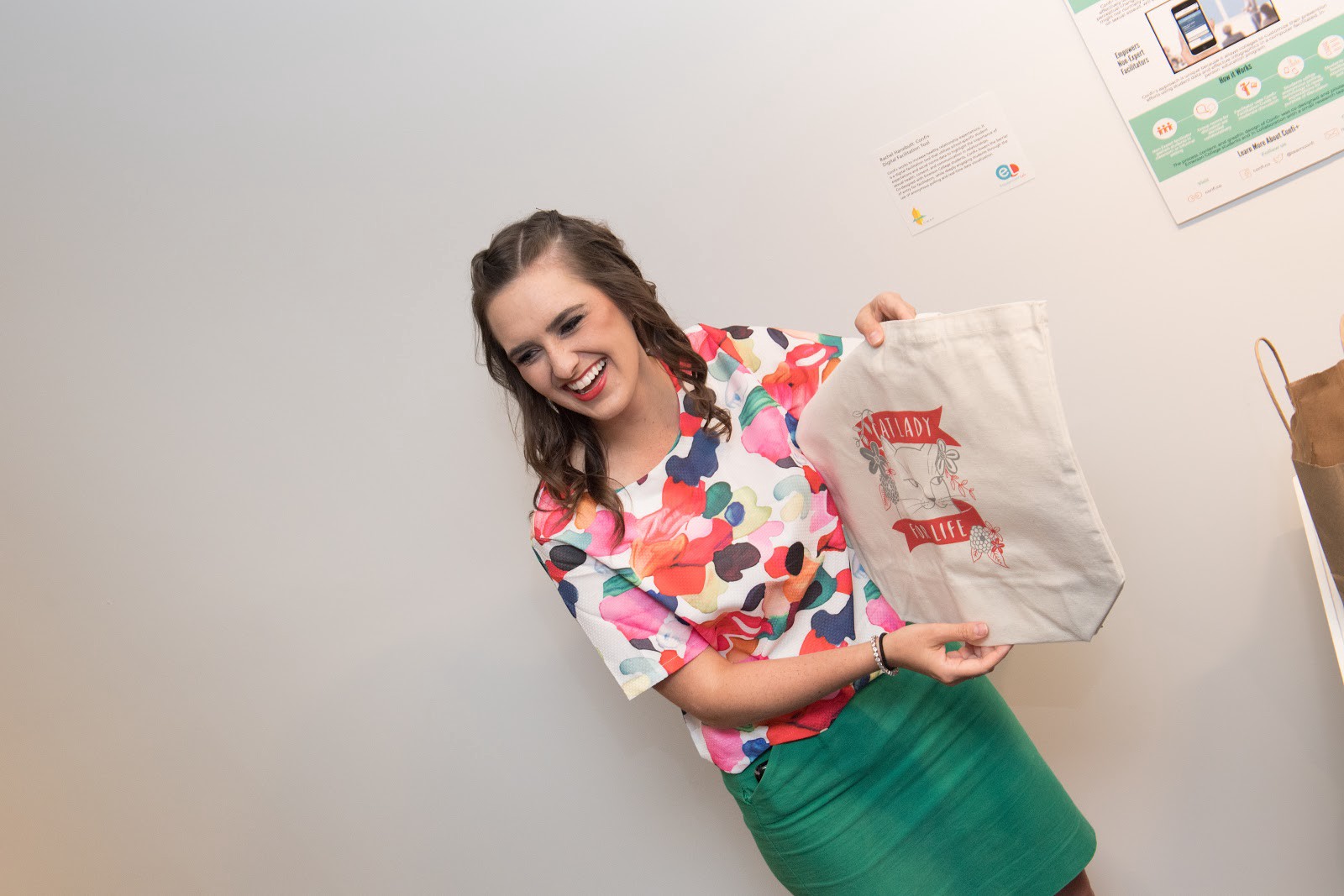
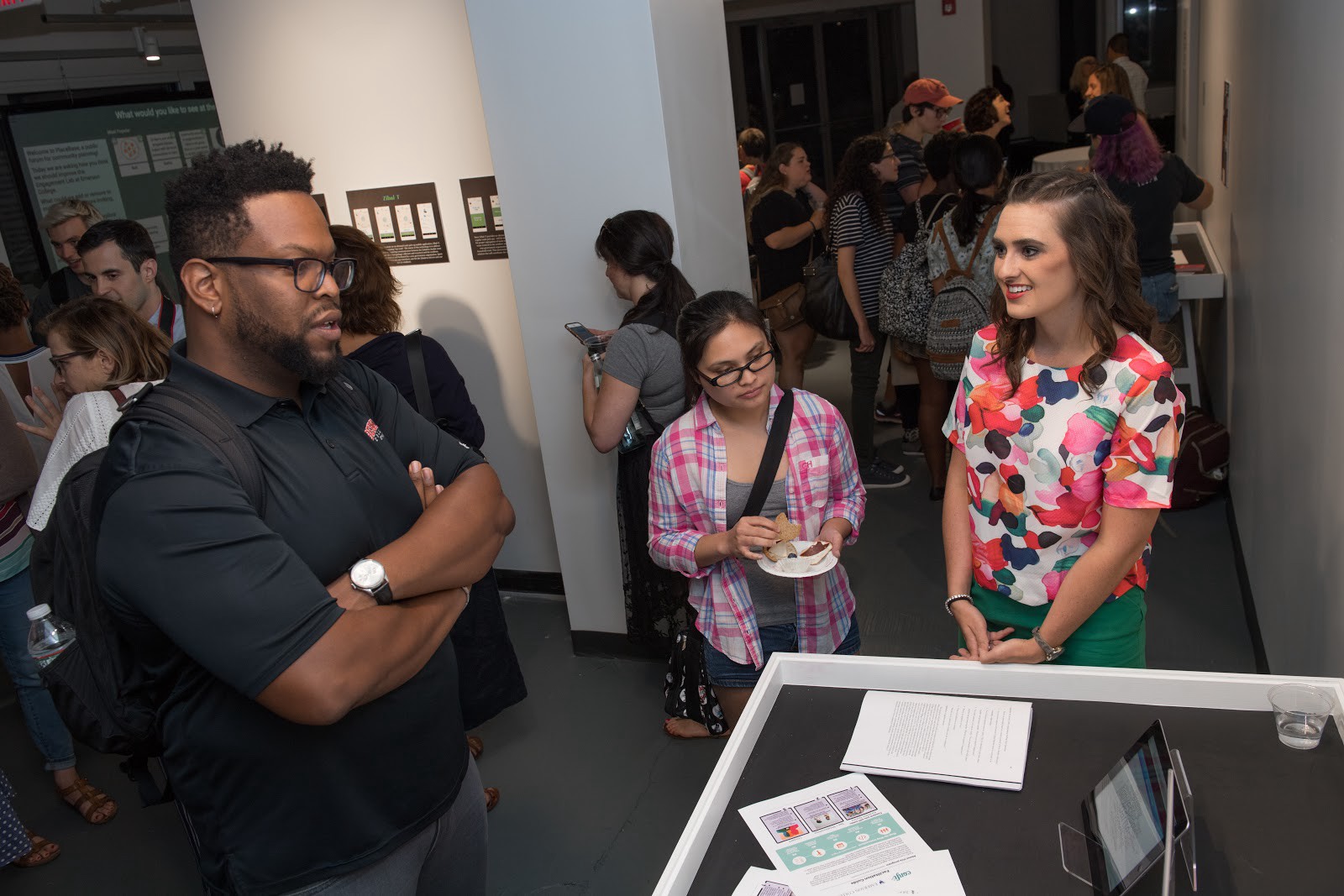

Riley Hunt: 100 Moves Ahead, Video Game
To help educate users on the causes of homelessness, 100 Moves Ahead encourages players to empathize with the challenges that homeless populations face. Through playing a modified and narrativized version of the game of chess, the player also learns about Boston-based programs that support individuals facing homelessness. The game encourages donations through an in-game interface.
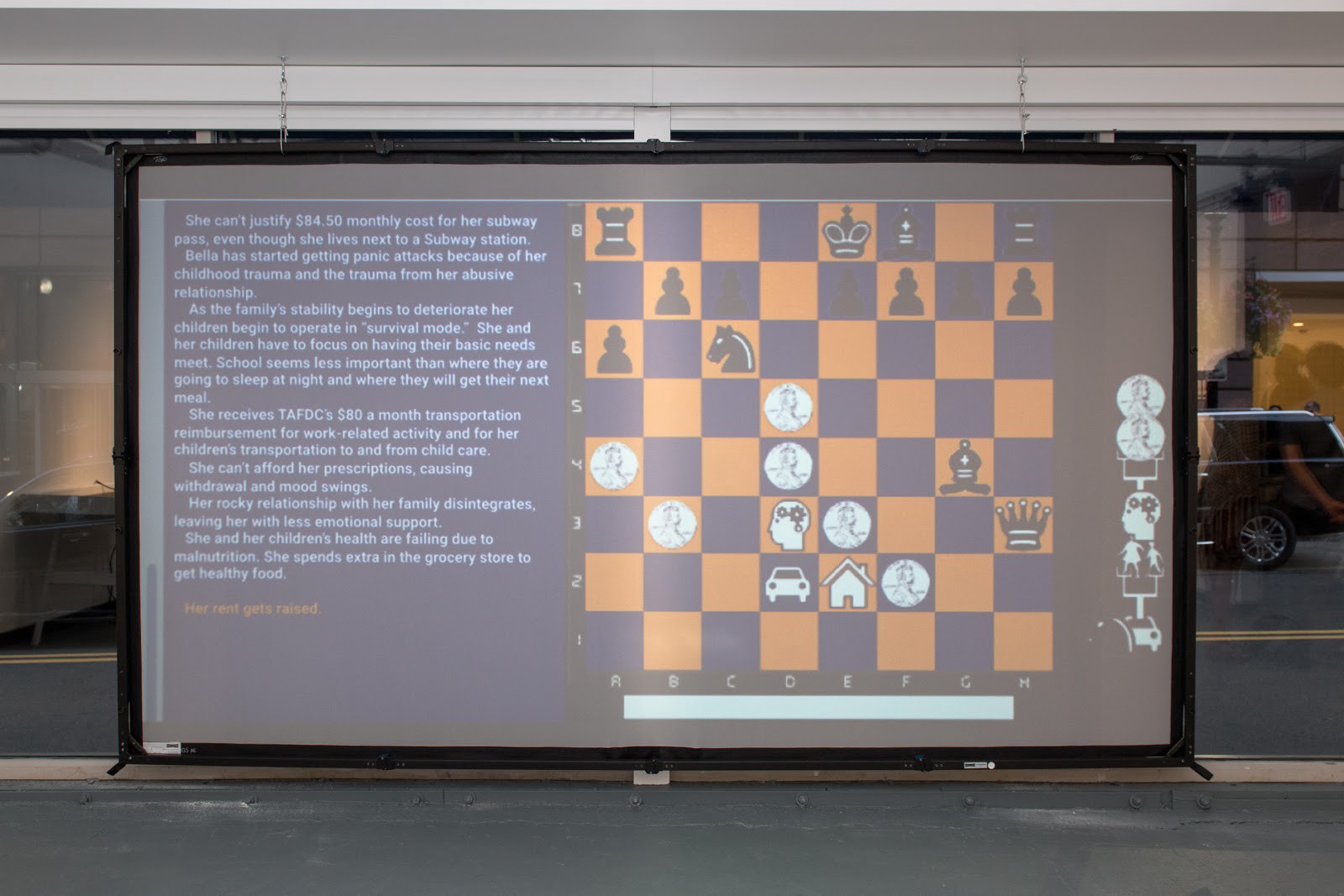
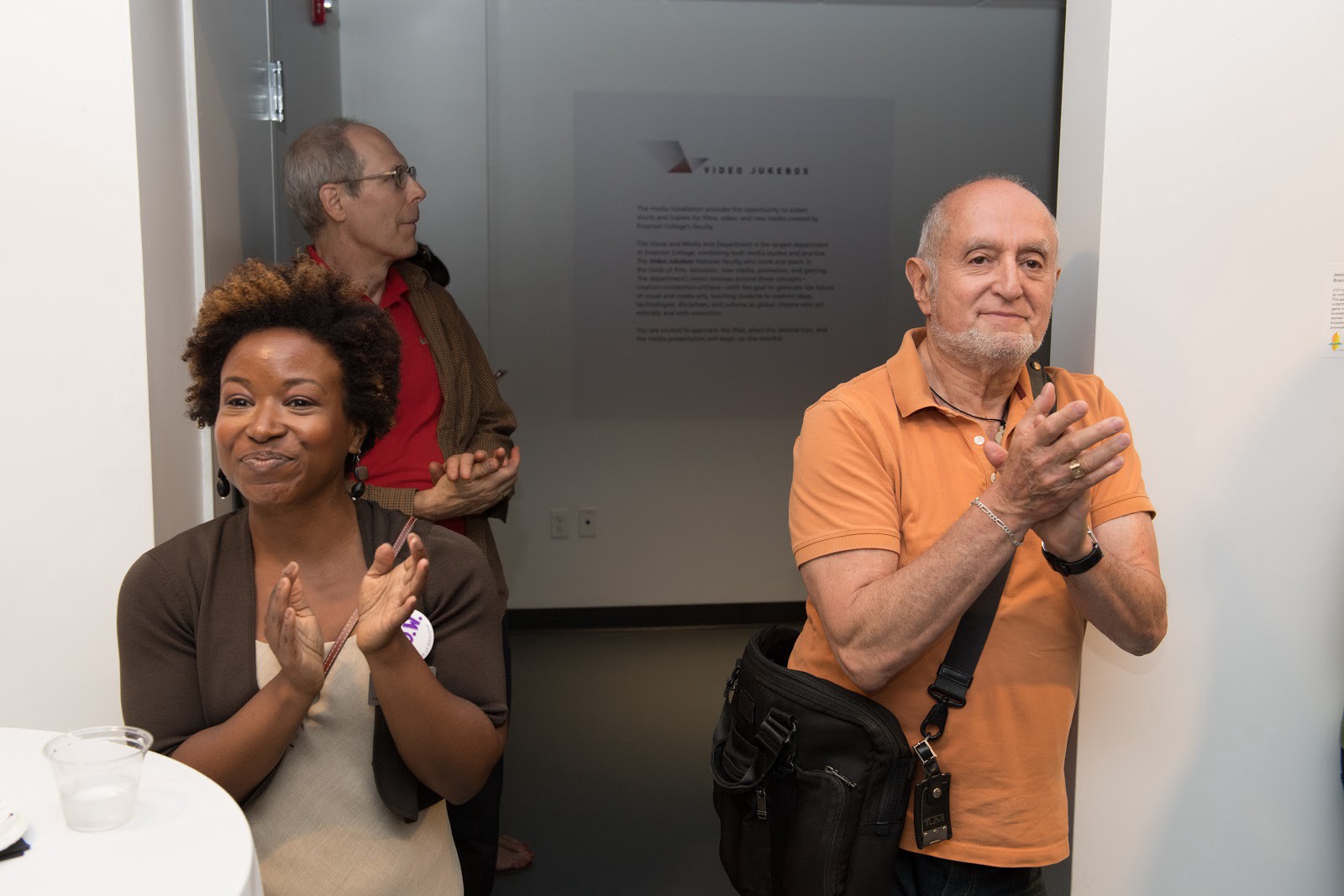
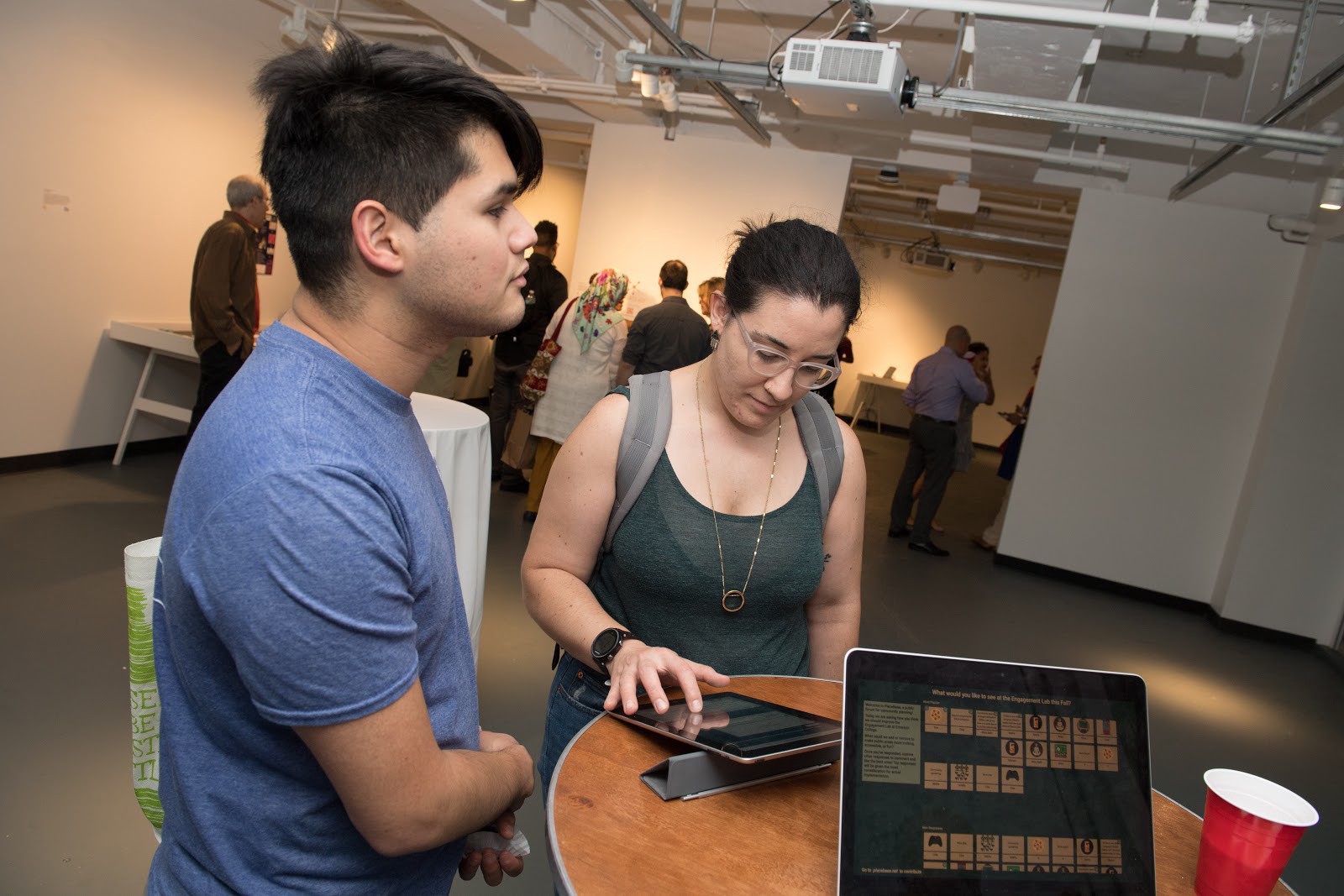
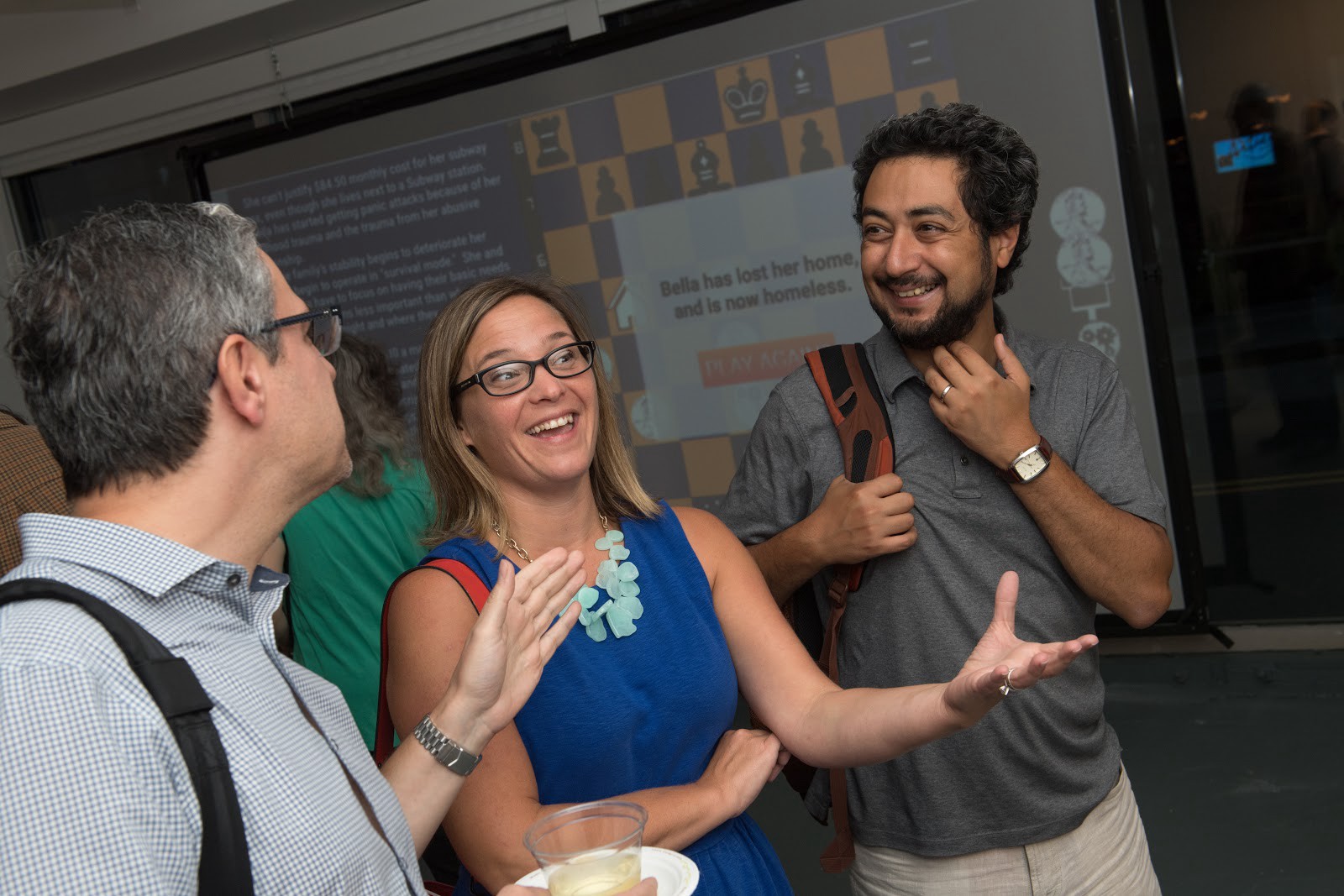

Erica Salling: PlaceBase, Raspberry Pi & Online Platform
Gentrification, eviction, and displacement are on the rise in Boston. The city had the highest income inequality in the country in 2016. In order to increase citizen involvement in fighting these trends, PlaceBase is a site-specific public forum that prompts citizens to speak, simultaneously in digital and in public spaces, about their experiences within Boston’s changing communities. Using the online platform or SMS devices, participants can tell their stories and advocate for community issues that need attention.
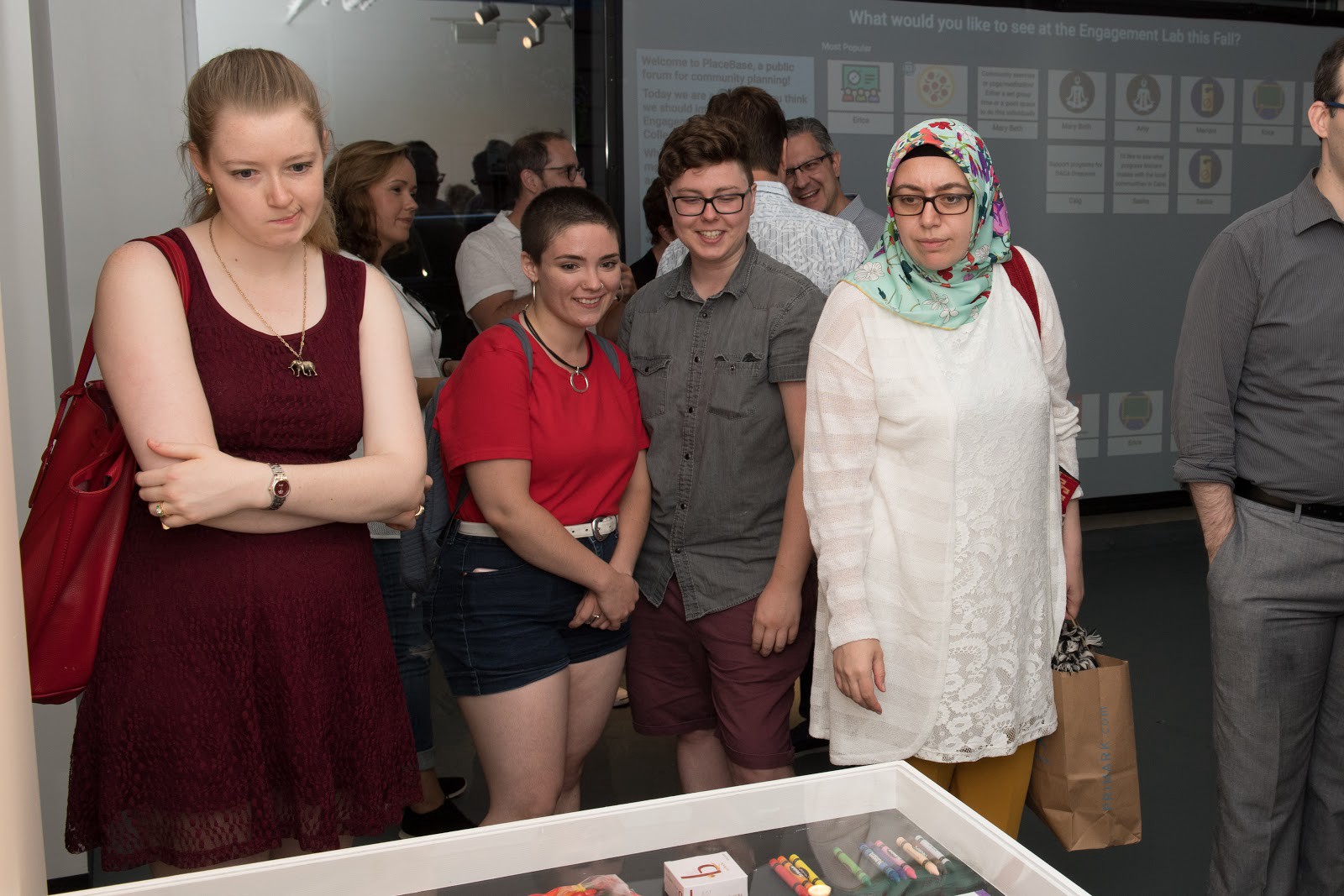
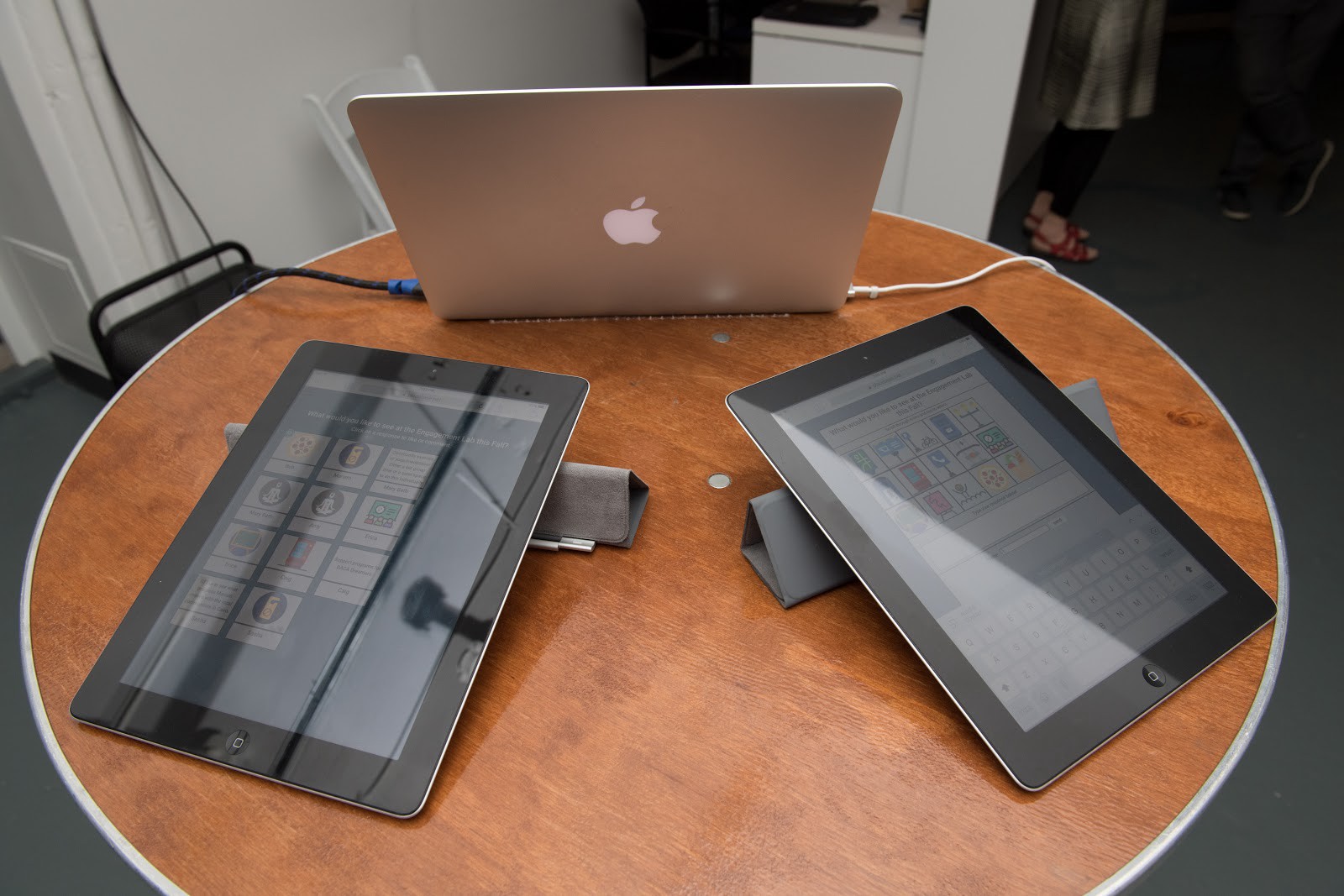
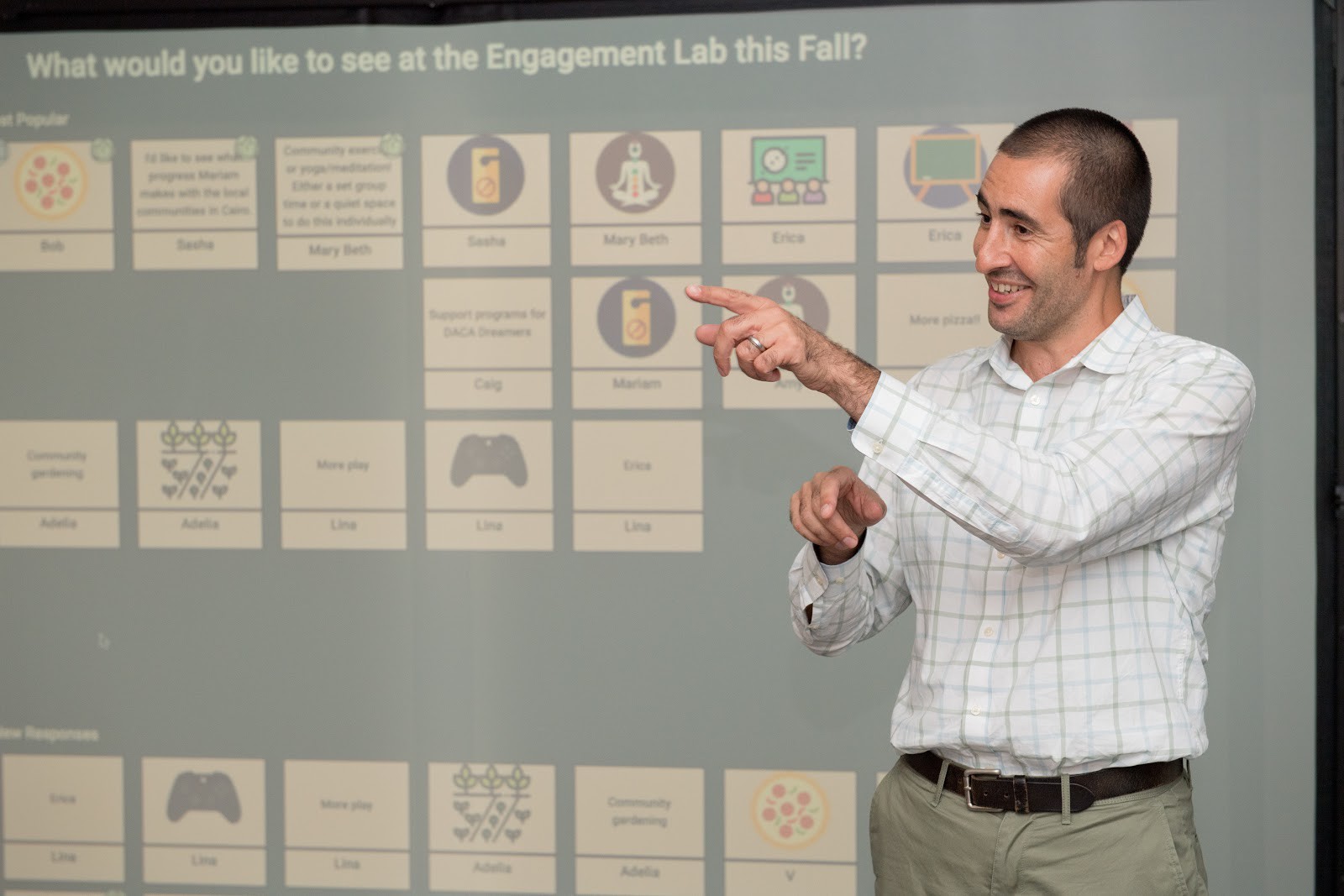
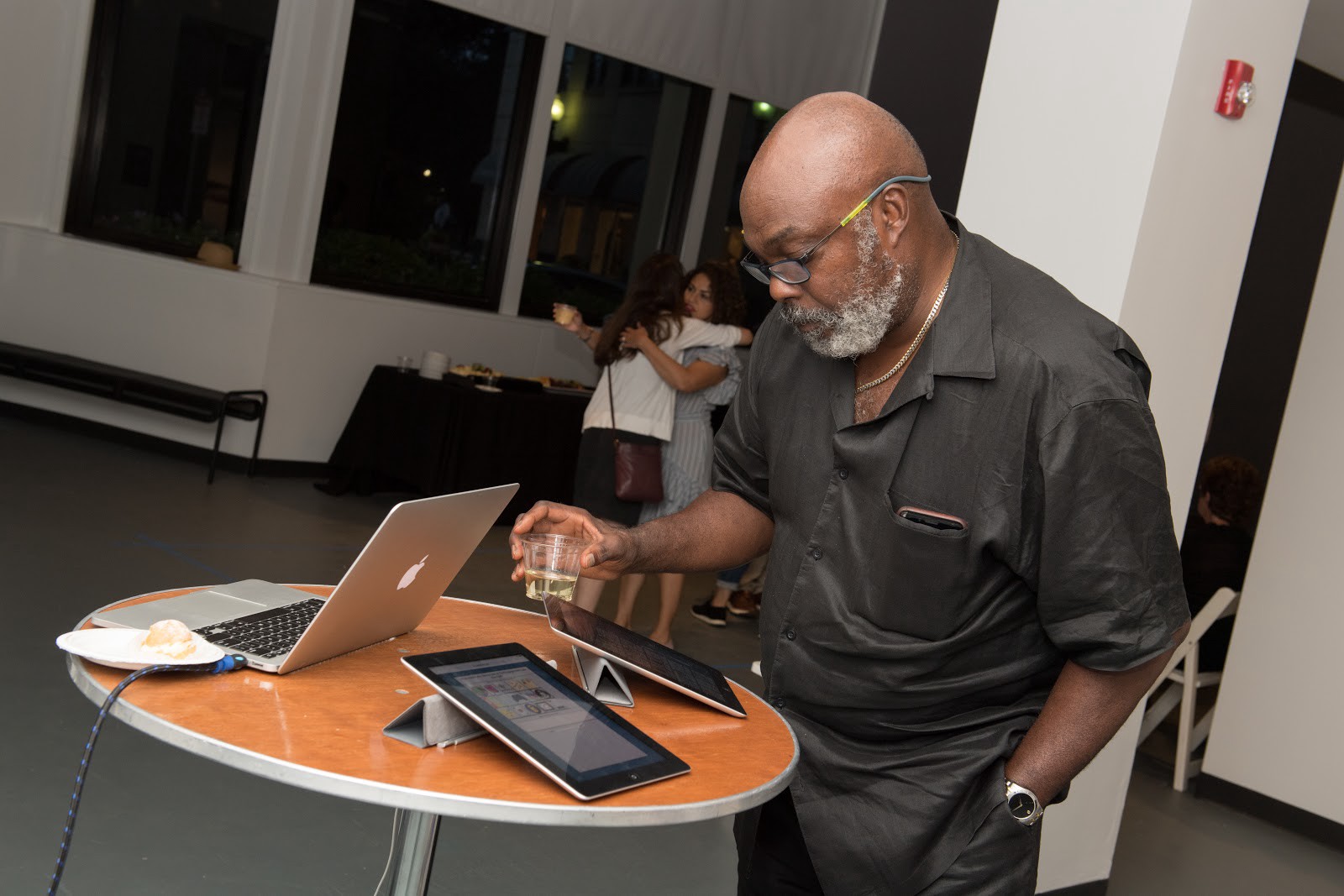

Samantha Viotty: DIY Data Art, Kit & Learning Activities
In partnership with four different branches of the Boston Public Library (Dudley, Parker Hill, Egleston Square Branch and Central Branch), the DIY Data Art project is a creative data literacy curriculum and toolkit co-designed with public librarians and youth. DIY Data Art helps youth build data literacy mindsets and skillsets. The kit is filled with lesson plans, activity worksheets and objects to create and play with data. Its goal is to empower local teens to use data to tell compelling stories with data about themselves and their communities.
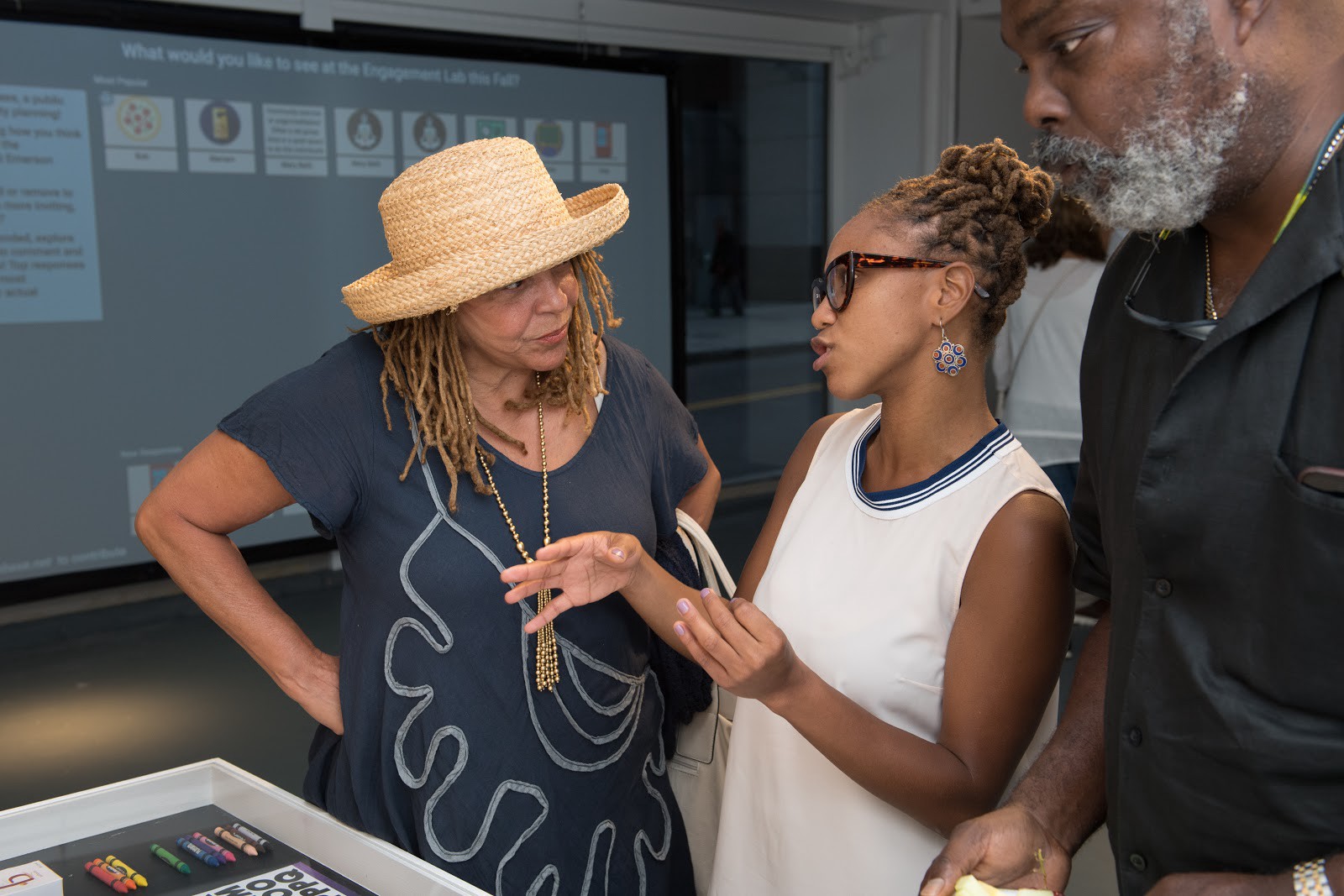
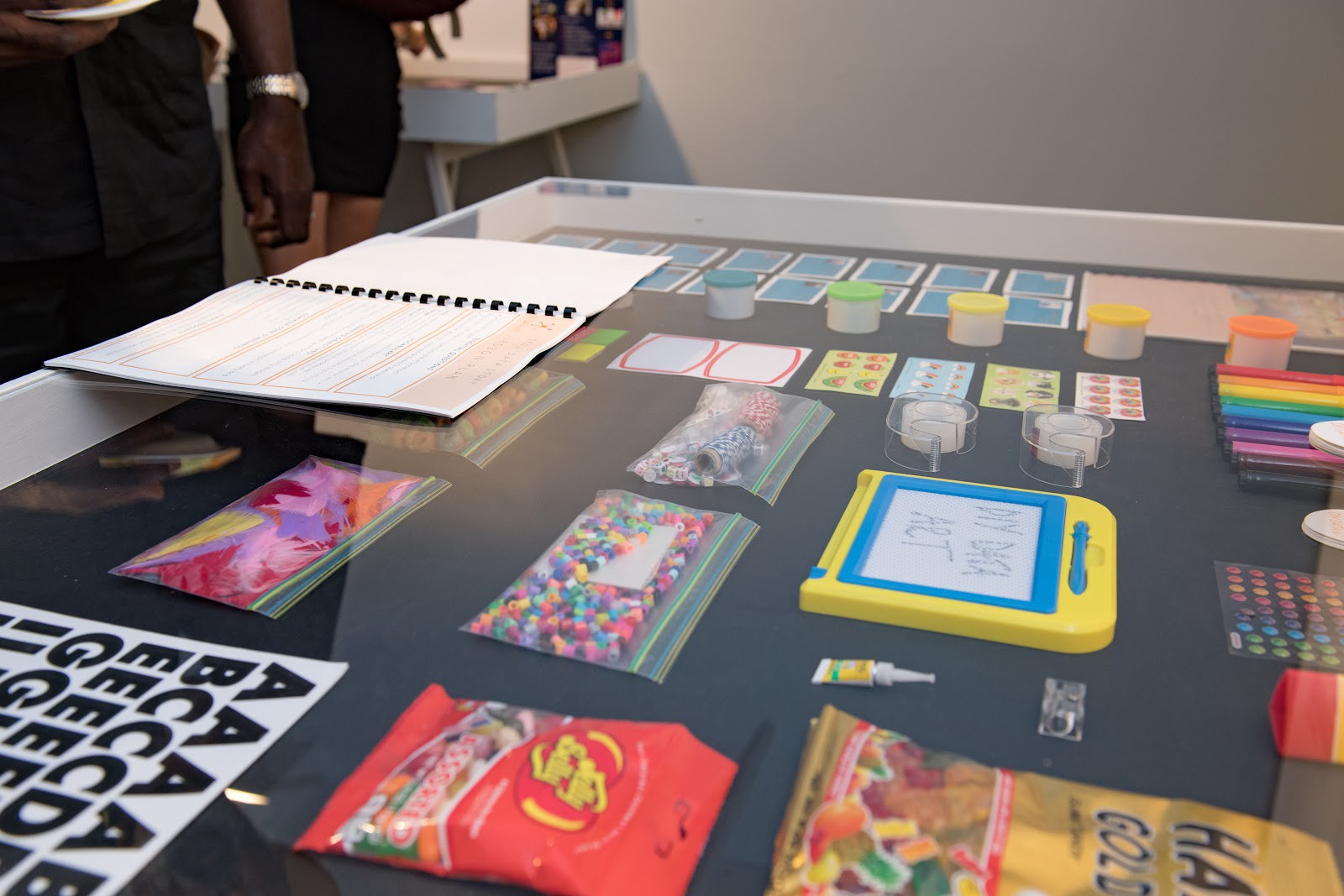
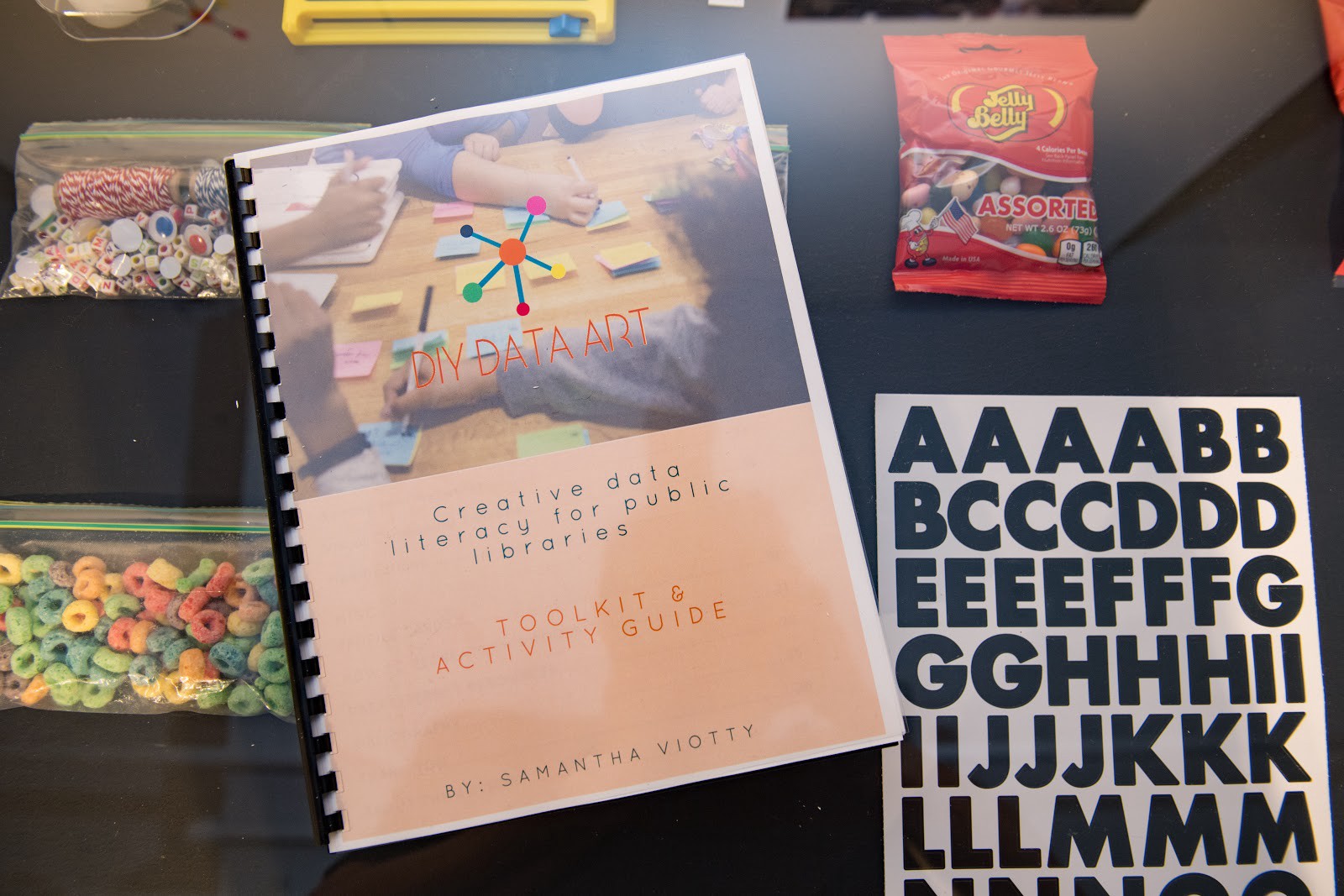
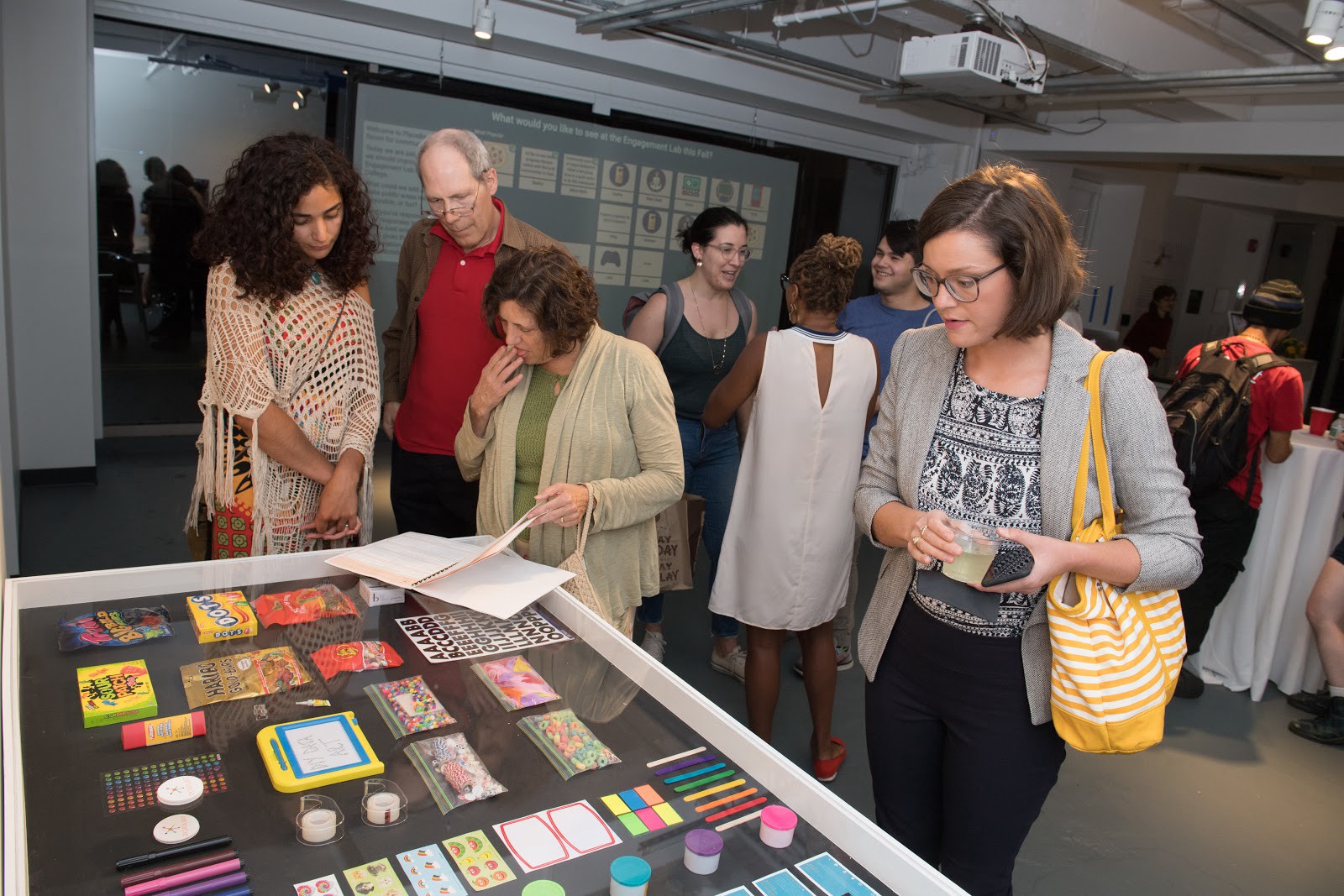

Jessica Weaver: 2121, Board Game
2121 is the year that we will achieve gender parity in politics if we do nothing. The 2121 game asserts that we cannot wait that long. This game aspires to make the process of running for political office understandable, approachable, and fun for young women. The board game is designed to foster interactive engagement, challenge players’ knowledge of women in politics, and provide realistic scenarios for women to envision pathways to political office. It also scales knowledge attainment in ways that are laugh-out-loud fun and provocative at the same time.
